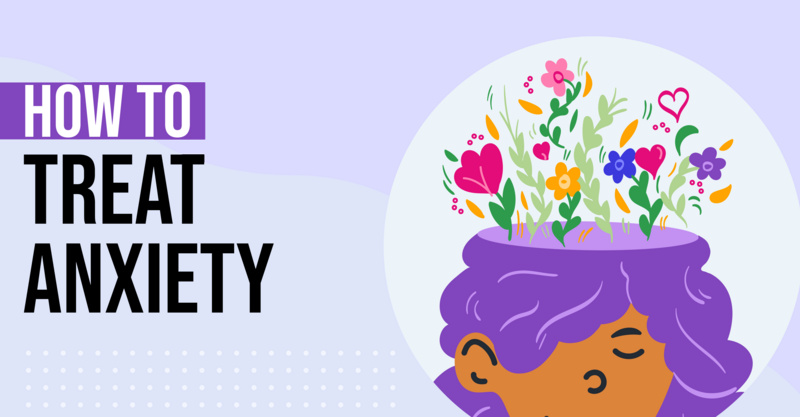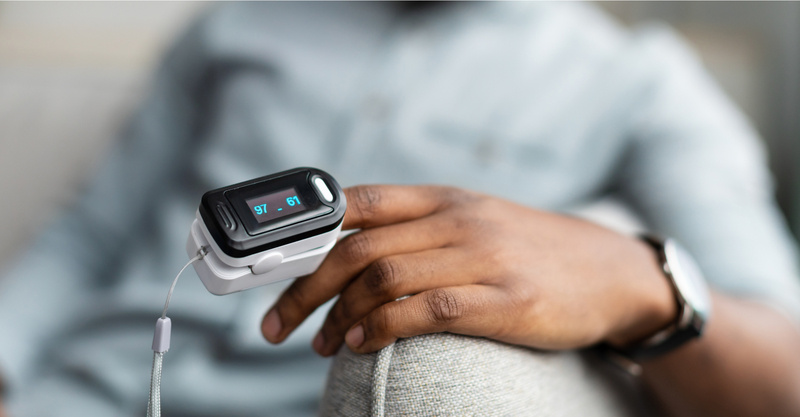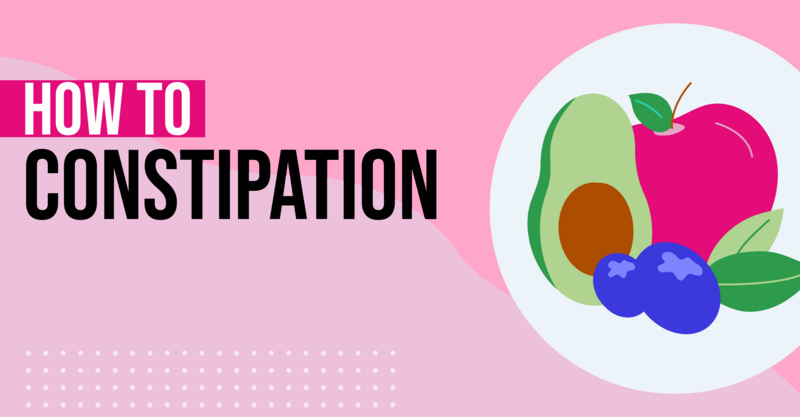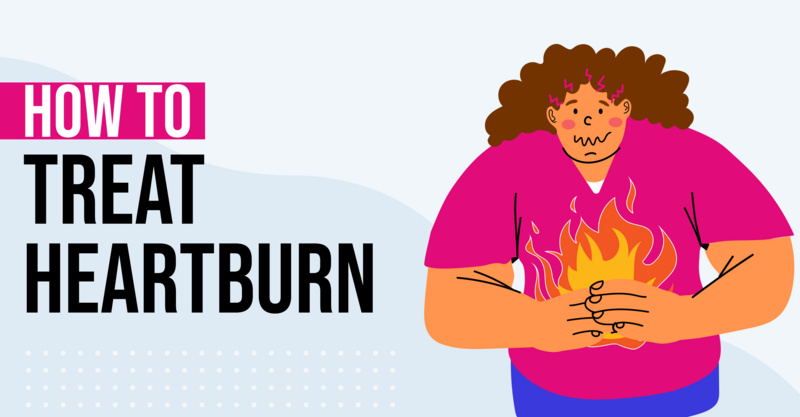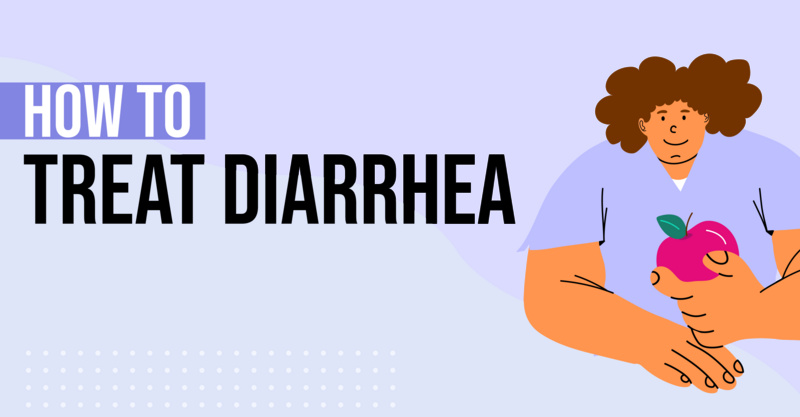Key Points
- Hemorrhoids are swollen veins in the lower rectum and anus, often caused by increased pressure due to factors like obesity, prolonged sitting, and straining during bowel movements.
- Common symptoms include bleeding during bowel movements, anal itching, discomfort, and swelling.
- Home remedies and over-the-counter treatments can help manage symptoms, including sitz baths, psyllium husk supplements, aloe vera, witch hazel, NSAIDs, high-fiber diet, hydration, exercise, topical creams, and ointments.
- Avoid home remedies like apple cider vinegar or tea tree oil as they can worsen symptoms and seek medical attention for persistent or severe symptoms.
- Prevention strategies include a fiber-rich diet, regular exercise, not delaying bowel movements, avoiding straining and prolonged sitting, and maintaining personal hygiene.
Hemorrhoids are swollen veins in the lower rectum and anus. They are quite common, especially in people who are overweight, sit for long periods of time, or are pregnant, according to the Mayo Clinic. Hemorrhoids can be quite uncomfortable, but fortunately, there are several treatment options available—including some home remedies that can help alleviate your discomfort and promote healing.
Before we get to treatment and home remedy options, it's important to understand the symptoms of hemorrhoids.
Symptoms and Signs of Hemorrhoids
The common symptoms of hemorrhoids, according to the Mayo Clinic includes:
- Bleeding during bowel movements
- Itching around the anus
- Pain and discomfort when having a bowel movement
- Swelling and inflammation
Risk Factors for Developing Hemorrhoids
Certain factors can increase your risk of developing hemorrhoids, according to the Mayo Clinic. These risk factors include:
- Straining during bowel movements
- Chronic constipation or diarrhea
- Pregnancy
- Aging
- Obesity
- Frequent heavy lifting
- Sitting for long periods of time, especially on the toilet
Causes of Hemorrhoids
Hemorrhoids are caused by increased pressure in the veins of the lower rectum and anus, leading to swelling and inflammation in these veins. Various factors contribute to the development of hemorrhoids, including:
- Straining during bowel movements: Exerting excessive pressure while passing stool can lead to the development of hemorrhoids.
- Sitting for prolonged periods: Spending too much time sitting, especially on the toilet, can increase the pressure on the veins in the anus and rectum.
- Chronic constipation or diarrhea: Both conditions lead to straining and increased pressure in the rectal veins.
- Obesity: Being overweight can increase the likelihood of developing hemorrhoids due to increased pressure in the rectal veins.
- Pregnancy: The weight of the growing fetus can put pressure on the rectal veins. Additionally, the hormonal changes during pregnancy can also contribute to the development of hemorrhoids.
- Aging: As people age, the tissues supporting the veins in the rectum and anus can weaken and stretch, increasing the risk of hemorrhoids.
- Low-fiber diet: A diet lacking in fiber can lead to harder stools and straining during bowel movements.
- Heavy lifting: Regularly engaging in heavy lifting can increase the pressure in the rectal veins.
At-Home Remedies for Hemorrhoids
Sometimes hemorrhoids can sneak up on you. If you find yourself dealing with hemorrhoid pain but unable to get to a drugstore for your usual OTC treatments, you can try these home remedies listed by the Cleveland Clinic:
- A sitz bath: Sitting in a bathtub of warm water for around 15 minutes, several times a day (especially after having a bowel movement) can help reduce discomfort.
- Take psyllium husk supplements: This supplement can help increase your fiber intake and soften your stools, making it easier to have a bowel movement. Be careful though, not to increase your fiber intake too much. This can cause gas or bloating.
- Use aloe vera: Aloe vera has some anti-inflammatory benefits, which can be useful for hemorrhoids, according to the Cleveland Clinic. The Cleveland Clinic also notes that you should try only pure aloe vera, not one that is combined with other ingredients.
- Witch hazel: Applying witch hazel to the affected area, using a clean cloth, can help reduce itching and inflammation.
- Taking nonsteroidal anti-inflammatory drugs (NSAIDs): Over-the-counter medications like Advil and Ibuprofen can help ease the pain of hemorrhoids.
- High-fiber diet: Eating a diet high in fiber (20 to 35 grams of fiber a day) can help prevent constipation and reduce the strain on your rectum during bowel movements.
- Hydration: Drinking plenty of water can help soften stools and make them easier to pass, reducing the risk of hemorrhoids.
- Exercise: Getting regular movement will help your digestive system stay regular, thus avoiding constipation. Being active is also important because sitting for long periods of time can cause hemorrhoids.
When you are able to get to a drugstore, there are several over-the-counter treatments available to help manage your hemorrhoid symptoms. Some products you can consider include:
- Topical creams and ointments: These provide temporary relief from itching, pain, and swelling. Look for products containing hydrocortisone, witch hazel, or lidocaine.
- Pain relievers: Acetaminophen, ibuprofen, or aspirin can help reduce pain and inflammation.
- Stool softeners: In the case of hard stools, these make bowel movements more comfortable, as straining can worsen hemorrhoids. Look for products containing docusate sodium.
- Fiber supplements: These can help you increase your fiber intake if you are not able to do so through dietary changes. Fiber helps your digestive system stay regular and can help you avoid straining during bowel movements.
Managing Pain and Discomfort
To minimize pain and discomfort caused by hemorrhoids, consider these additional tips, from the Mayo Clinic:
- Apply ice packs to the affected area for 10-15 minutes to numb the pain and reduce swelling.
- Avoid sitting for long periods, or use a doughnut-shaped pillow
- Apply a hemorrhoid cream or suppository that contains hydrocortisone (these can be purchased at most drugstores). You can also use witch hazel pads or over-the-counter numbing medication that is made for hemorrhoid relief.
Home Remedies to Avoid When It Comes to Hemorrhoids
The Cleveland Clinic notes a couple of home remedies that can actually be harmful or cause more irritation when it comes to hemorrhoids. They recommend you avoid using apple cider vinegar or tea tree oil for hemorrhoid treatment since there is limited evidence that these treatments work and in some cases, they can actually make you feel worse.
When to See a Doctor For Hemorrhoids
Most cases of hemorrhoids can be treated at home with lifestyle and dietary changes, along with over-the-counter treatments for pain and swelling. However, there are some cases when you should consider going to urgent care. Geisinger.org recommends that you see a doctor for your hemorrhoids if you have any of the following symptoms:
- You have persistent bleeding from your rectum
- You have severe pain and discomfort in your rectum that isn’t relieved by home treatments
- You’ve tried over-the-counter remedies for over a week without relieving your symptoms
- You have bowel movements that are maroon or dark like tar in color, which can be a sign of internal bleeding
- If your rectal bleeding won’t stop and you feel dizzy or faint
Going to Urgent Care For Hemorrhoids
Urgent care and walk-in clinics are great options for those who need immediate medical attention for hemorrhoids but are not experiencing symptoms of serious complications. These clinics are generally open in the evening and over weekends—giving you more opportunities to get proper medical care.
Common Medical Treatments for Hemorrhoids
There are several medical treatments available for treating hemorrhoids, according to the Mayo Clinic. Each method varies in effectiveness, invasiveness, and recovery time. Common medical treatments for hemorrhoids include:
- Prescription medications for pain or constipation
- Outpatient procedures for hemorrhoid removal (such as rubber band ligation, sclerotherapy, and infrared coagulation)
- Surgical procedures for hemorrhoid removal (such as hemorrhoidectomy)
How to Prevent Hemorrhoids
You can reduce your risk of developing hemorrhoids by doing the following, according to the Mayo Clinic:
- Eating a fiber-rich diet
- Exercising
- Avoid delaying the urge to have a bowel movement
- Avoid straining to have a bowel movement
- Avoid prolonged sitting or standing
- Keep clean with regular personal hygiene
Frequently asked questions
What are hemorrhoids and who is most likely to get them?
Hemorrhoids are swollen veins in the lower rectum and anus. They are common in people who are overweight, sit for long periods of time, or are pregnant.
What are some symptoms of hemorrhoids?
Symptoms of hemorrhoids include bleeding during bowel movements, itching around the anus, pain and discomfort when having a bowel movement, and swelling and inflammation.
What are the risk factors for developing hemorrhoids?
Risk factors for developing hemorrhoids include straining during bowel movements, chronic constipation or diarrhea, pregnancy, aging, obesity, frequent heavy lifting, and sitting for long periods of time, especially on the toilet.
What causes hemorrhoids?
Hemorrhoids are caused by increased pressure in the veins of the lower rectum and anus, which leads to swelling and inflammation. This can be due to factors such as straining during bowel movements, sitting for prolonged periods, chronic constipation or diarrhea, obesity, pregnancy, aging, a low-fiber diet, and heavy lifting.
What are some home remedies for treating hemorrhoids?
Home remedies for treating hemorrhoids include taking a sitz bath, taking psyllium husk supplements, using aloe vera, applying witch hazel, taking nonsteroidal anti-inflammatory drugs (NSAIDs), maintaining a high-fiber diet, staying hydrated, and exercising regularly.
What over-the-counter treatments are available for hemorrhoids?
Over-the-counter treatments for hemorrhoids include topical creams and ointments, pain relievers, stool softeners, and fiber supplements.
When should I see a doctor for my hemorrhoids?
You should see a doctor for your hemorrhoids if you have persistent rectal bleeding, severe pain and discomfort in your rectum that isn’t relieved by home treatments, if you’ve tried over-the-counter remedies for over a week without relieving your symptoms, if your bowel movements are maroon or dark like tar in color, which can be a sign of internal bleeding, or if your rectal bleeding won’t stop and you feel dizzy or faint.
How can I prevent hemorrhoids?
You can prevent hemorrhoids by eating a fiber-rich diet, exercising regularly, not delaying the urge to have a bowel movement, avoiding straining to have a bowel movement, avoiding prolonged sitting or standing, and maintaining regular personal hygiene.
Solv has strict sourcing guidelines and relies on peer-reviewed studies, academic research institutions, and medical associations. We avoid using tertiary references.

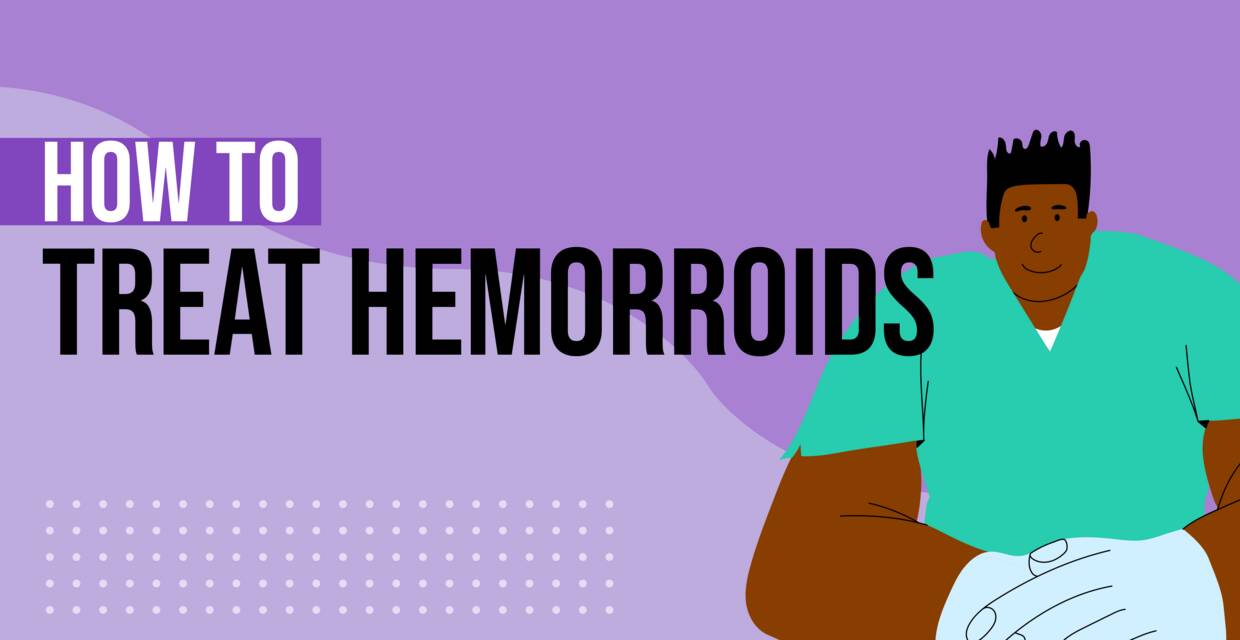
 LinkedIn
LinkedIn

